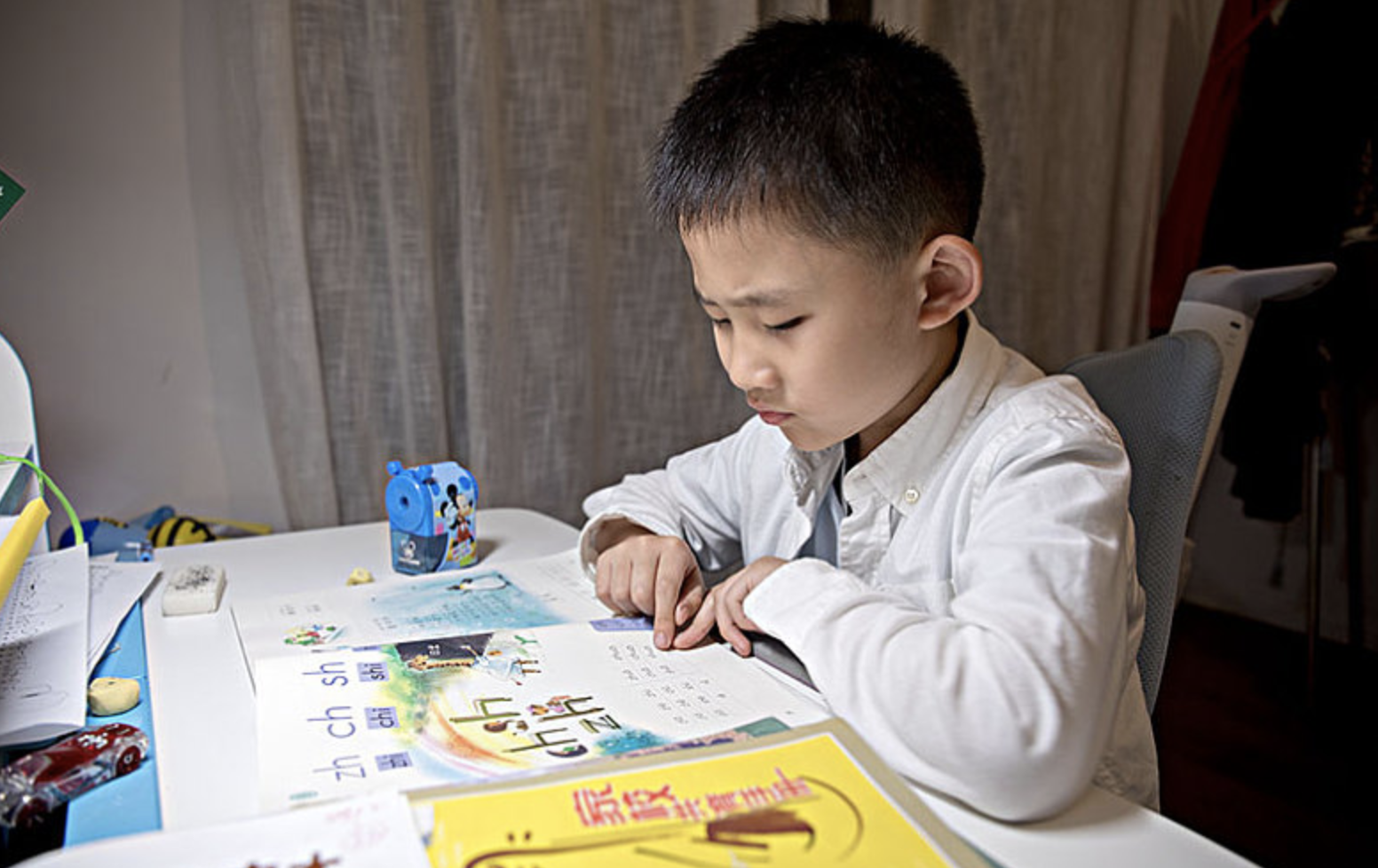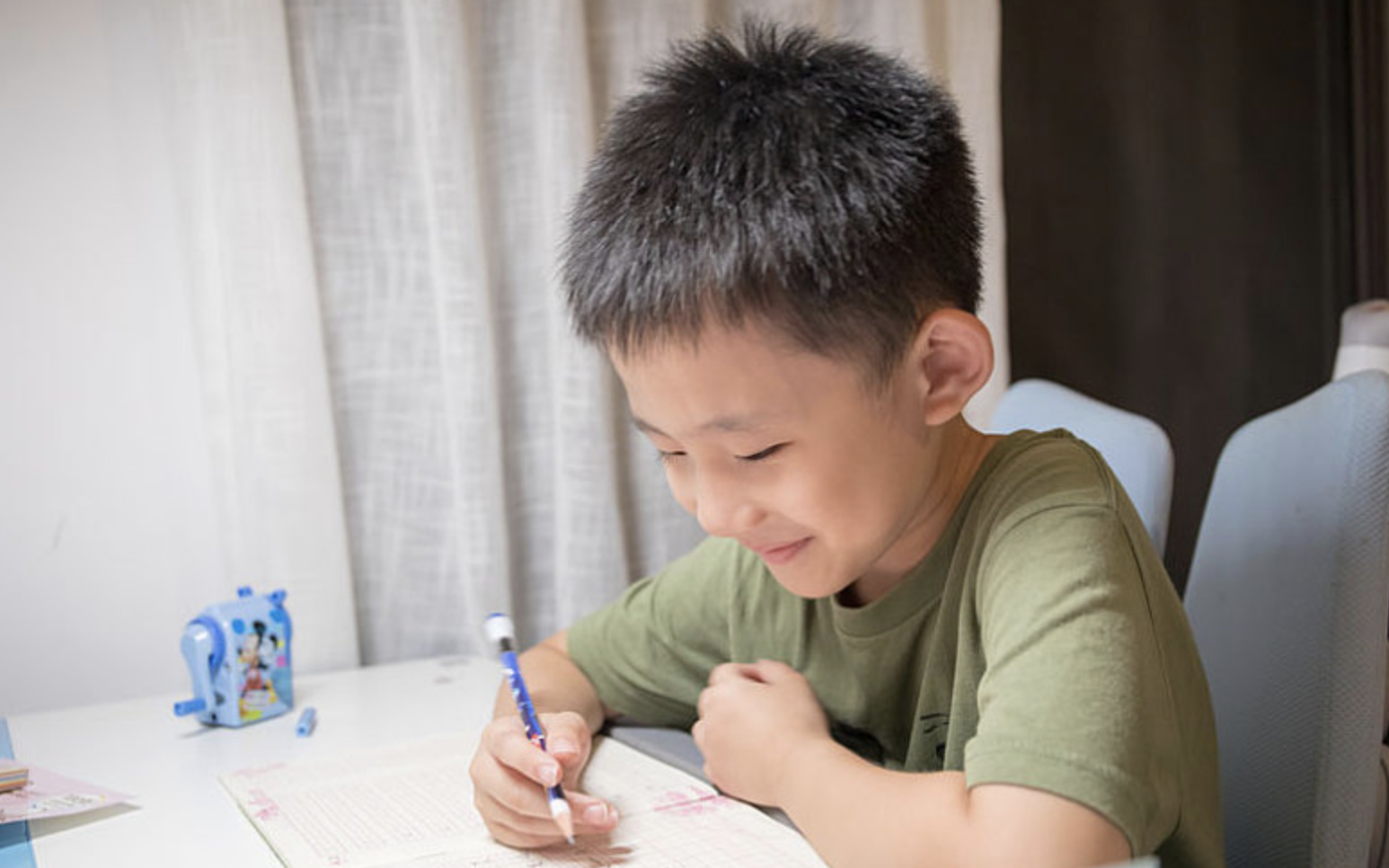
Is your child terrified of performing in front of a crowd? Or perhaps your child is breaking down on the exam day? Performance anxiety is something almost most of us have experienced at some point.
From ordinary people to politicians, they have felt this happening to them at some point. However, there are those who are unable to overcome their anxiety and let it affect them completely. Children, in particular, are prone to this and it is important that they get help in dealing with performance anxiety.
What is performance anxiety?
Performance anxiety is a certain type of uneasy feeling where a person feels anxious or scared about being socially humiliated before his peers. As a person feels this, they would find their confidence slipping away and unable to focus or remember what they are doing. In fact, acceptance from your child’s classmates and friends will affect his performance in school as shown here.
For children, they usually experience performance anxiety during examinations. Even the most talented student experiences performance anxiety, especially if they are scared of failing.
When performance anxiety hits, children would often show signs like crying, tantrums and tummy aches before they need to perform during a test or even on stage. Some would even show signs like nausea, mood swings and cold sweat if they are experiencing performance anxiety.

The difference between performance anxiety and exam stress
While the symptoms are similar, students with performance anxiety will still panic and overworry even when they are well prepared for the subject. The performance anxiety also triggered nearer or on the exam day itself and the feeling will continued on even after the entire exam period is over.
Exam stress usually occurs when students themselves know that they haven’t put their best foot forward. The stress usually lasted for a longer period until the end of exam period.
Why does it happen?
Performance anxiety happens because of three factors:
- A person strongly wishes to be recognised by the crowd for their achievement.
- The person affected does not have enough confidence to perform well or they did not practice
- The person is overanalysing everything and criticising themselves negatively.
Physiological Consequence of Pressure
The need to succeed can be dangerous to a person’s self-esteem no matter how talented they may be. For children, the pressure they get from their parents and the opinions of the people around them can disable them from handling it in a healthy way.
Pressure, according to scientists, can affect a person’s brain and disable it from using its memories correctly. When a person starts to get stressed or get worried, the brain can’t function correctly because the prefrontal cortex – the part that organises one’s memories – is overworked because of pressure.
How to Help Children with Performance Anxiety
As parents, there are many ways to assist our children when it comes to dealing with their performance anxiety. However, it must be done with care because it may cause our children to be uncomfortable once they are faced with the same dilemma.
Here are some tips on how you can help your child with their performance anxiety:
Help them practice mindfulness
A great way to reduce the impacts of performance anxiety is by keeping one’s mind focused and calm, especially in stressful situations. Anxiety can overload one’s mind if you can’t control it immediately and it will definitely affect the way it works.
You can help your child with introducing them to activities like yoga or meditation. These superfoods can also help to slow their mind’s activity and refocus their attention to important tasks. Have them do these activities before they do any public events or exams and you will notice that it will help your child regain the focus they lost because of their anxiety.
Teach them the right way to strategise & practice it
Some children tend to experience performance anxiety when they feel like they didn’t have a good battle plan on how to deal with their exam.
Before your child go for his exam, speak to them about their exams and help them plan out how they will do it. Once you have a good strategy to keep them focused on the exam performance, help them practice it by taking mock exams with our tutors. Our tutors can provide them with feedback so they know which areas they need to improve on.
Share stories of your own performance anxiety experience
As we mentioned above, every person, at some point, has experienced performance anxiety in their life. If you have experienced it yourself, you should make it a point to let your child know about it and explain how you got through that ordeal.
By using your example, you can encourage them to walk you through their thoughts and feelings. Once they share their own thoughts, let them know that no matter what happens, you are proud that they gave it their best shot.

Help them find their passion
Some children may take some time before they can discover where they are most happy and what they want to do in the future. As parents, it is best we provide them with ways to try out various interests so that they can find the one that suits them.
By showing to them it is ok to pursue their passions, it can help improve their self-esteem and they will be able to perform better at their chosen interests. Boosting self-esteem is one of the effective ways to improve anxiety and reduce stress in your child’s life.
Help support their self-esteem
Performance anxiety can be dealt with by giving your child all the opportunities they can do to build their self-confidence. If you allow them to pursue their interests and give them opportunities to try new things, especially during the school holidays, they will definitely become confident to perform beyond what they expect of themselves.
Conclusion
Having stage fright is a normal occurrence for children to experience. However, if you want your child to be able to get past their anxiety, you need to guide them to the right direction. If you don’t intervene properly, it can affect your child’s self-confidence and disable them from facing the world in the future.
Here are some articles on Singapore education and exam stress:
Is the Singapore Education System Too Stressful and Flawed?
Stress in Singapore Education System: What Our Young Students Have to Say
